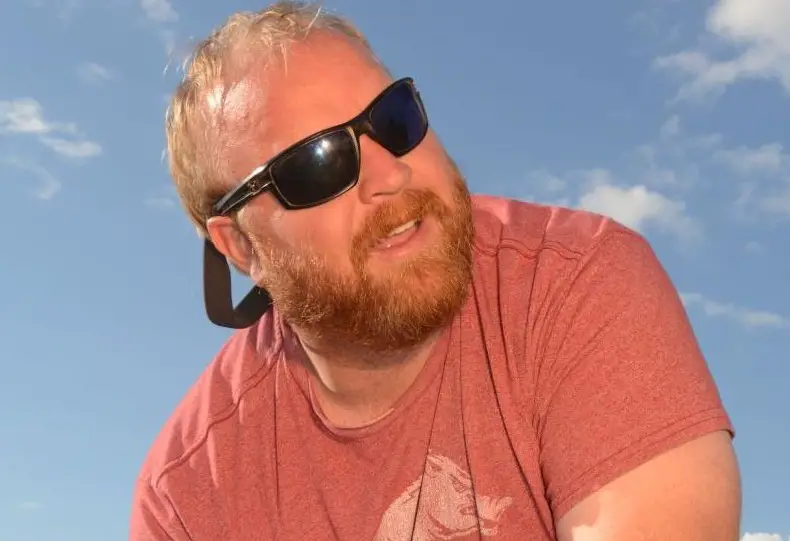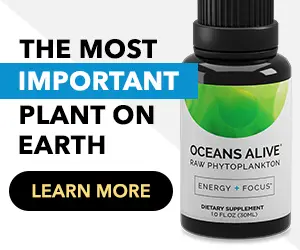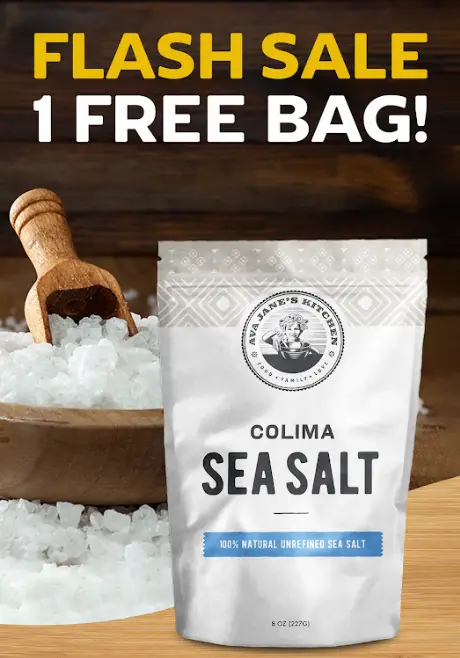
The current farming landscape in America is almost entirely dominated by non-organic, and in many cases genetically modified, crops.
These genetically modified crops, which are created in laboratories by companies like the former Monsanto, aka Bayer, are highly profitable for the companies that create them, because they own the patents on the seeds and tandem suite of chemicals.
But for thousands of farmers, this particular system has led to financial difficulties and even bankruptcies in many cases.
One such farmer is Adam Chappell, who was forced to make a difficult decision back in 2009 as his conventional farm was ravaged by pigweed (also known as amaranth), the “superweed” that had become resistant to synthetic pesticides.
On the brink of bankruptcy, Chappell decided to go a completely different route.
And now, ten years later and thriving at last, the 41-year-old grower has strong words for the business model that nearly sunk his career, and his livelihood.
Non-GMO and Organic Saves the Farm
Facing a weed infestation and spending a fortune on chemicals, Chappell made the difficult decision to switch to non-GMO.
“We were fighting an uphill battle and spending so much money on chemicals, but I didn’t know what else to do,” he said according to the farming publication AgWeb.
More and more chemical use led to stronger superweeds with more resistance each passing year, causing Chappell’s farm to go broke.
“It was bam, bam, bam, on herbicide inputs. The answer floated by the big companies was more and more chemicals, and meanwhile we were steadily going broke,” he said.
Like most non-GMO and organic farmers, Chappell didn’t have a whole lot of experience doing things the natural way, but decided to wing it and hope for the best.
He crammed as much knowledge on organic production into his head as he possibly could, watching countless videos, before stumbling upon footage from a Pennsylvania pumpkin grower who utilized six-foot tall cereal rye as a cover crop to choke out the weeds.
Unlike Chappell and his contemporaries, the farmer’s field was clean and weed-free without using any expensive pesticides.
Chappell decided to go the same route, planting 300 acres of cereal rye.
He pressed forward despite peer pressure to go back to his old, toxic ways.
“We were scared to plant into it and kept it short that first year, which we don’t do now. Everybody told us if you let it stay green, you’ll have cutworms and armyworms, but I’ve since found out that what you’re told and what is reality are two different things.”
The next spring, a miracle had happened — the Frankensteinian superweeds were mostly gone, and those that did show up were easily dispatched of without any chemicals or hardship.
“I wasn’t worried about why or how because I could see with my own eyes that pigweed was few and far between,” Chappell said. “They weren’t nonexistent, but the ones that did get loose, we could walk out there and pull them up. No chopping crew and no chemicals necessary.”
Chappell began to employ the strategy all over his farm, covering every acre with synergistic blends of cover crops that all served different functions and produced additional types of foods as well.
“That was when a light bulb truly came on in my head,” he said according to AgWeb.
“We started making room in the budget, prioritizing cover planting in the fall, and covering every acre when possible. Cover crops were no longer optional—they had to be on every acre. No doubt, if we hadn’t changed our way of farming, we’d have been out of business. In my opinion, farming has become a convenience-first enterprise, and not a profit-first enterprise. So many of the things I see in farming that make no sense really come down to convenience.”
Ten years later, Chappell’s farm has been saved and is thriving like never before.
Not only has he proved that organic and non-GMO farming can be cost effective, he’s also shown the benefits of farming the “old fashioned way” that companies like Monsanto, Bayer, Dow Chemical and Syngenta don’t want most farmers to know about: seed saving and the low cost of publicly bought seed.
“Non-GMO is all about profitability,” Chappell said to AgWeb.
Ketih Scoggins, a neighboring farmer, has been encouraged by Chappell’s methods and is working to do the same on his farm.
“Adam has tried so many things before anyone else, like a real pioneer. He’s thrown pride away, embraced hard reality, and used holistic management to get a grip. Now he’s pushing and pushing, trying to find out just how far he can go. I know that’s what Adam is thinking: ‘How far can I go?’”
Chappell seems unwilling to budge from his “strange” method of growing organically instead of with synthetic chemicals and GMOs, and he wouldn’t have it any other way.
“I’m just geared this way, and I don’t mind being the crazy person on the block, because I don’t pay anyone’s bills but mine,” he said.
Thanks for reading! To support a company that farms organically and regeneratively, check out Nutrition for Longevity, a first-of-its-kind meal delivery service focused on providing gourmet meals inspired by the world’s longest living people.
Use the code ALTHEALTH at checkout to receive 20% off your first trial order, or 40% off of your first subscription order.
Thanks for installing the Bottom of every post plugin by Corey Salzano. Contact me if you need custom WordPress plugins or website design.











